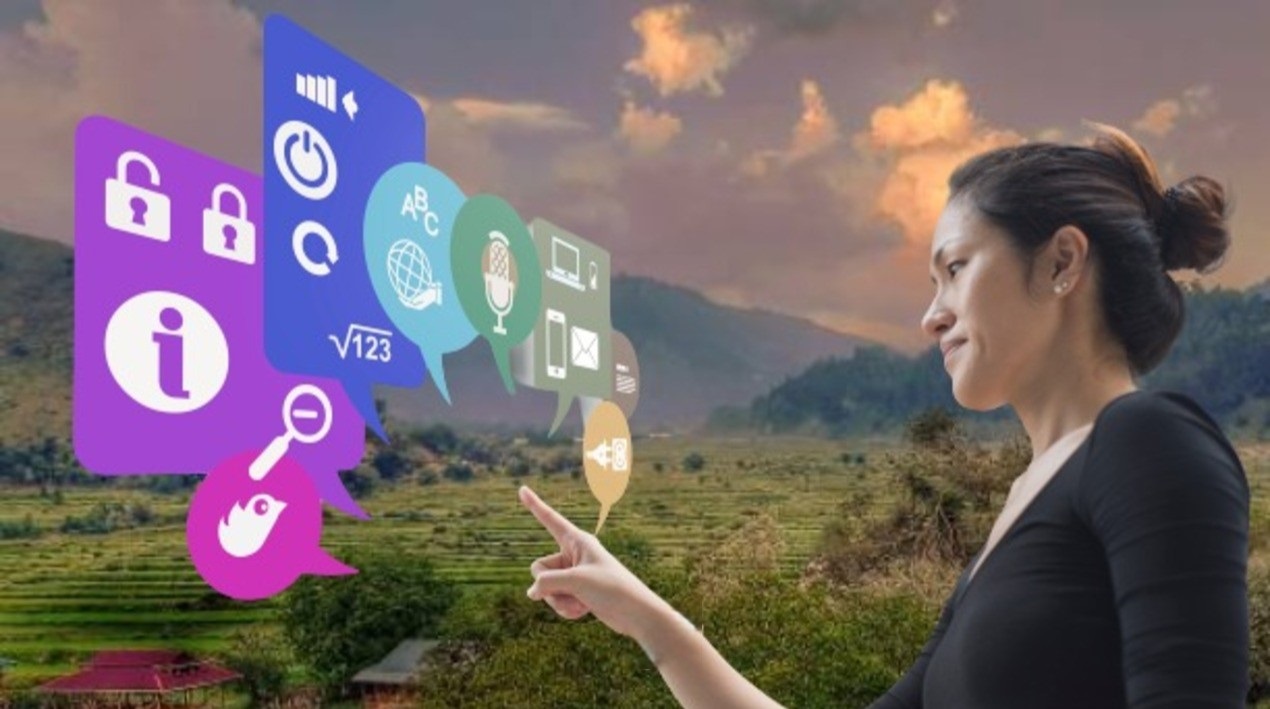
|
Getting your Trinity Audio player ready...
|
Recently, the Ministry of Communication and Information Technology opened a public consultation to gather feedback on the draft Ministerial Regulation (RPM) that regulates the classification of games currently being prepared.
The Ministry of Communication and Information Technology expressed in their press release recently that the RPM will replace Ministerial Regulation Number 11 of 2016 regarding the Classification of Electronic Interactive Games, which still refers to Government Regulation Number 82 of 2012.
Ministerial Regulation Number 11 of 2016 and Government Regulation Number 82 of 2012 are the previous laws which regulate game classification. The purpose of making the game classification law encompasses various benefits.
Game classification laws help ensure that consumers, particularly children and vulnerable individuals, are protected from content that may be inappropriate or harmful. Classifying games based on age appropriateness and content allows parents and guardians to make informed decisions regarding the games their children can access.
Furthermore, it will help regulate the content of games, ensuring that they meet certain standards and guidelines. It can include violence, explicit language, sexual content, and other potentially sensitive material. The laws can also encourage the game developer to create a game suitable for specific age groups.
In a nutshell, game classification law aims to balance the need for freedom of expression and creativity in game development with the responsibility to protect consumers and promote responsible gaming practices.
The Ministry stated that the RPM is to implement the provisions of the draft Presidential Regulation on the Acceleration Programme for the Development of the National Game Industry, specifically item 5, which mandates the development of legislation to strengthen the game industry ecosystem.
The RPM, prepared by the Directorate General of Informatics Applications under the Ministry of Communication and Information Technology, involves relevant stakeholders and has been processed by the provisions of the legislation.
The scope of the RPM regarding game classification includes Chapter I in general provisions, which defines the terminology used within the body and scope of the Ministerial Regulation. Chapter II includes the obligations of game publishers, the procedures for game classification, particularly the criteria for content and age groups of game users. Chapter III of the RPM covers supervision, including the mechanisms for game supervision and the game classification committee.
Meanwhile, Chapter IV of the RPM addresses the role of the public in terms of the rights of individuals or game users to file complaints regarding the inconsistency of game classification results, which can be done online or offline.
Chapter V of the RPM focuses on administrative sanctions, including regulations on sanctions against publishers, such as written warnings, temporary blocking, and access termination. Chapter VI contains transitional provisions related to the transition period for game publishers to apply for the game classification, while Chapter VII serves as the conclusion.
The Ministry of Communication and Information Technology added that the public consultation will be open until August 2023, and feedback can be submitted via email to tu.setditjen_aptika@kominfo.go.id or tu.dittakel_aptika@kominfo.go.id.
The public consultation is conducted by the provisions of Law Number 12 of 2011 on the Formation of Legislation and its amendments, which involve public participation in the development of legislation.
“We provide consultation to anyone who wants to know more about our renewed regulations, and we involve anyone who wants to give us feedback,” said the Ministry of Communication and Information Technology. “This amendment of game law regulation is a good step forward for us for the preparedness of digital transformation which is happening today,” they concluded.
















